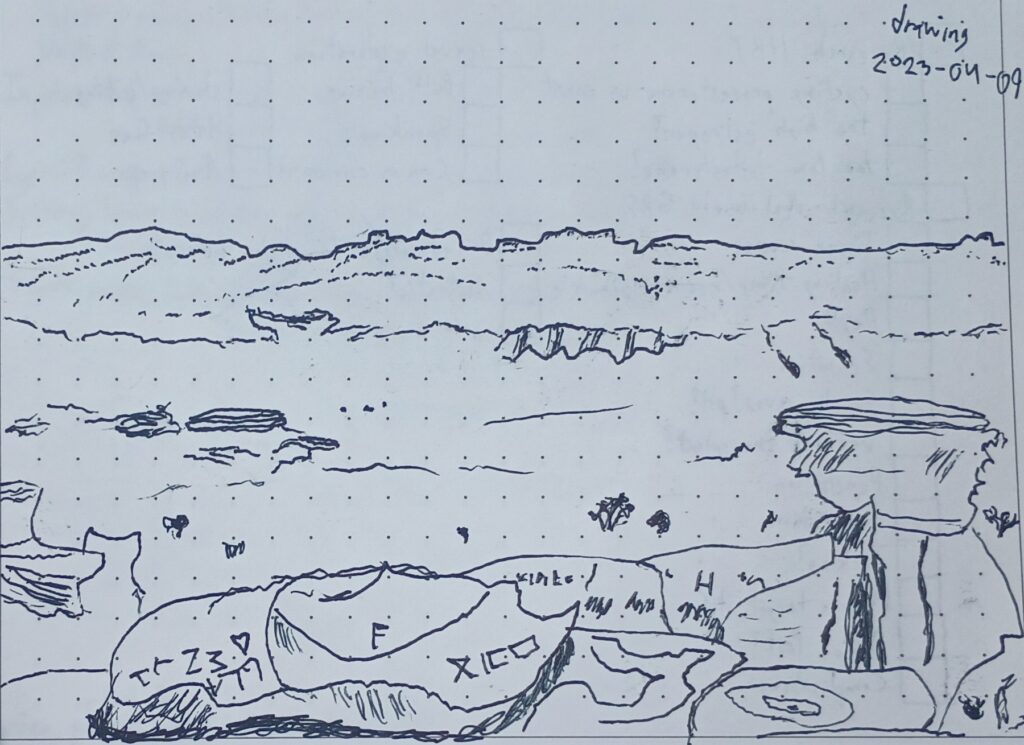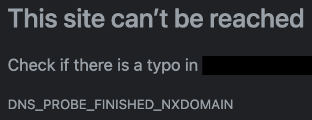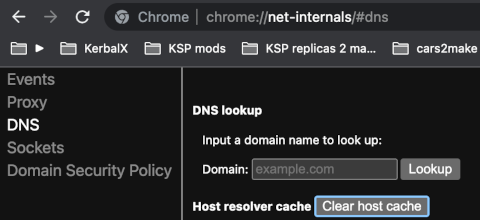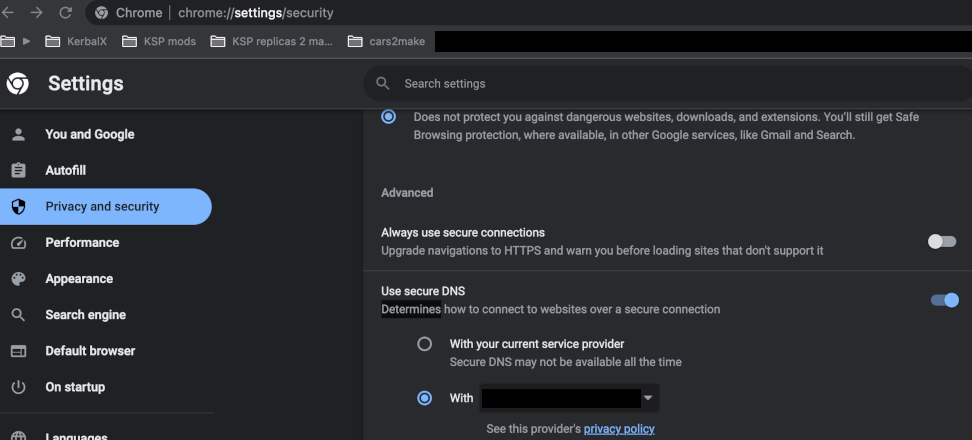This post is not entirely freeform, but it mostly is.. it follows real events nearly directly.. some parts are written immediately after they happened, some days later.
Either way.. it is incredibly personal and probably not worth much to anyone else.. but I have to express myself.
I just got a new phone, and my contacts didn’t sync, so I have to fix them manually. There’s one contact I don’t have to fix, a phone number that is meaningless, an address that doesn’t go anywhere for me, a birthday that’s .. well, I can’t give him presents anymore. There’s a hole in my heart where my dad used to be.
For me, death seems to come at me in waves. My first reaction is denial, mild shock and pain, or focused entirely on the practical: Where’s my dad’s dog, Wally? Then, the pain becomes severe. After some crying (sometimes mixed with more denial), I seem fine for a while, before a reminder sets the cycle off again.
I had a dream with my dad in it recently. As I write this, I don’t remember it at all, but I do remember feeling a mix of pain and comfort from it. Pain at the reality, comfort in.. well I’m not quite sure how to say it, but it offers some closure.
Standing in his house, it hits me again. I needed a rag to dust something off, and since I didn’t immediately know where one was, I decided to use one of his socks. He wasn’t around to be annoyed by it after all. I realized that there was probably the last pair of clothes he wore and took off when everything was fine just sitting in the laundry hamper. He was so preoccupied with making sure laundry was done that he almost never did a full load of laundry, so a hamper having more than a handful of clothes would be an oddity. There was exactly one set of clothes – except for jeans. The shirt was on top, and was one I’d given him a few years ago.
It was the last thing he wore when things were normal. Whatever he wore the next day was taken off in an ER. He had a stroke. It was small enough that he wasn’t even unaware of what was going on, he gathered a few things while waiting for the ambulance and called his best friend to come meet him to take the keys to his place and take care of Wally for him.
There was also his electric razor, plugged in to charge, because he’d need it in the next few days.. until he didn’t.
In the hospital, he was recovering well. He was set to go to his friend’s place for a week to get him back on his feet before returning home. Early in the morning on the day before this, he had another stroke, this one unrecoverable. Effectively, my dad died right then, but without immediate contact or direction about his wishes in this circumstance, a surgery was performed, and he was placed in ICU on life support.
When his friend found out, he arranged for them to cut life support during the next NASCAR race, as my dad was a big fan, and this seemed the most fitting way to say goodbye. They put it on the TV in his room, pulled the plug, and ten minutes later, his heart stopped.
I wasn’t anywhere near this, but it was the right decision. See, I’ve been having a long standing issue with T-Mobile. Because of their unreliability, I didn’t learn of any of this until it was all over, two weeks after it was over, through a partner being called by a sheriff who couldn’t call me directly despite having my number.
I’m sad I couldn’t have been there, or helped, but other than that, this was one of best ways I could imagine my dad’s death. While it certainly sucks to spend your last two weeks in a hospital room, he had his best friend visiting and was on the path to recovery. There was no indication of his demise, there was no suffering. It was a scary moment, and he getting back to normal life. The second stroke came with such veracity and suddenness that he did not suffer.
Most stories end with death. This one doesn’t, but what happened next is still too painful for me to express.
I don’t have a biological family anymore.





